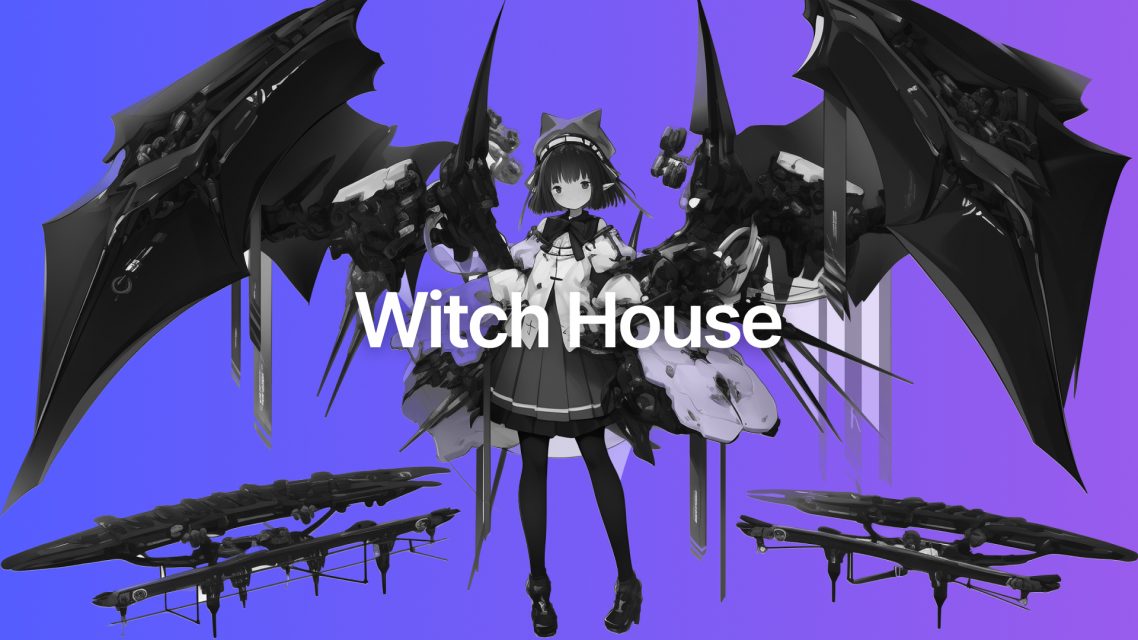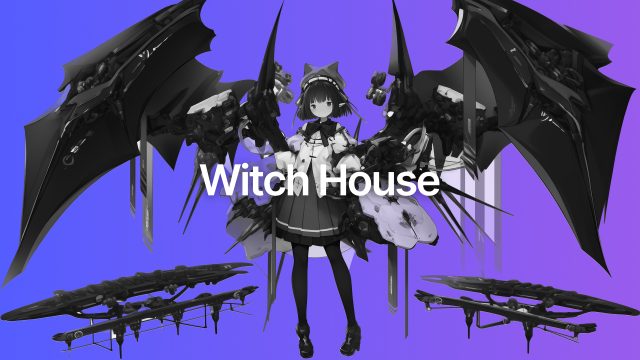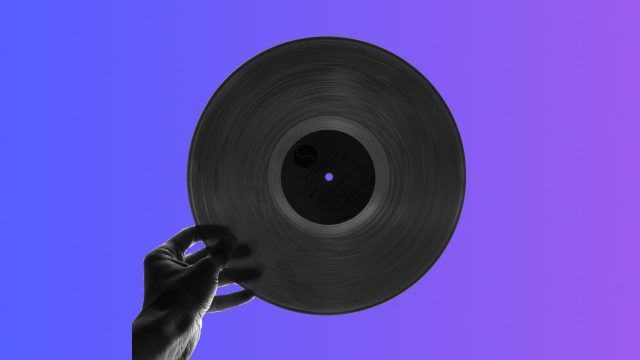Want something rare? Try Witch House
You can generate and listen to Witch House here: https://mubert.com/render/genres/bass/witch-house
Witch house is one of those genres that feels like it was born from the internet itself—a little mysterious, a little haunting, and undeniably weird. It emerged in the late 2000s, not from mainstream clubs or radio stations, but from the corners of online music forums, MySpace profiles, and the DIY scenes that thrived on digital experimentation.
At its core, witch house is a blend of dark, spooky vibes and slow, hypnotic beats. Imagine chopped-up hip-hop rhythms slowed to a crawl, mixed with eerie synths, distorted vocals, and layers of reverb. It’s like music for a seance held in a crumbling warehouse. The aesthetic feels equally important as the sound—bands often use cryptic symbols in their names, like † or △, and embrace visuals inspired by occult imagery, VHS-era distortion, and glitchy graphics.
Where It All Began
The term “witch house” was coined as kind of a joke. Picture this: you’ve got a bunch of experimental artists making music that’s too dark to be chillwave, too dreamy to be industrial, and way too weird to fit neatly into any existing category. They embraced the name because it felt like an inside joke—a nod to the dark, tongue-in-cheek vibe of the scene.
Artists like Salem (often considered the face of the genre), oOoOO, and White Ring helped define the early witch house sound. Salem, in particular, gained attention for their mix of woozy beats and half-rapped, half-mumbled lyrics that felt like they were being transmitted from another dimension.
The Rise and Fall (and Maybe Revival?)
Witch house blew up briefly in the early 2010s. It became the sound of underground parties and edgy fashion campaigns. But as with many niche genres, the hype was both a blessing and a curse. A flood of imitators and the genre’s inherently self-aware, almost parody-like nature made it hard to sustain momentum.
Still, witch house never really disappeared. Its influence can be heard in modern electronic and experimental music, and its DIY ethos lives on in countless other microgenres. For many, it wasn’t just about the music; it was about a mood, a vibe, and an aesthetic that feels timelessly eerie.
So, while witch house might not dominate the charts, it’s always out there in the shadows, waiting for the right moment to cast its spell again.
AI Music GenerativeMusic Rare GenresAI Music Company
Mubert is a platform powered by music producers that helps creators and brands generate unlimited royalty-free music with the help of AI. Our mission is to empower and protect the creators. Our purpose is to democratize the Creator Economy.
Generate Track API for Developers


















